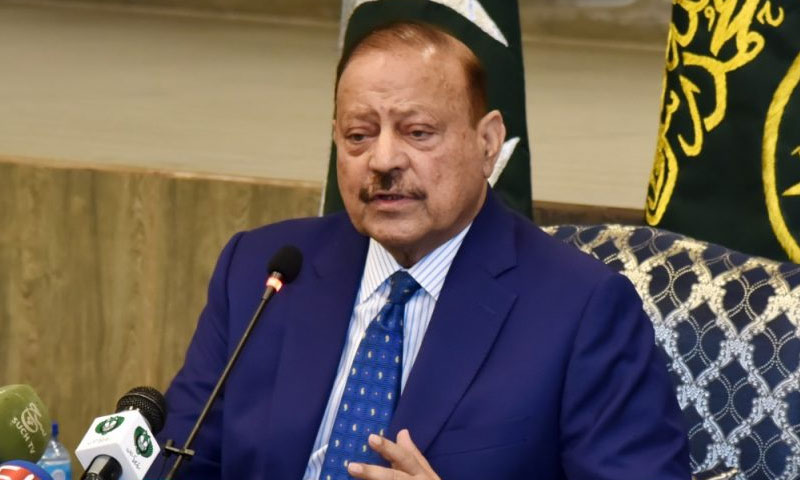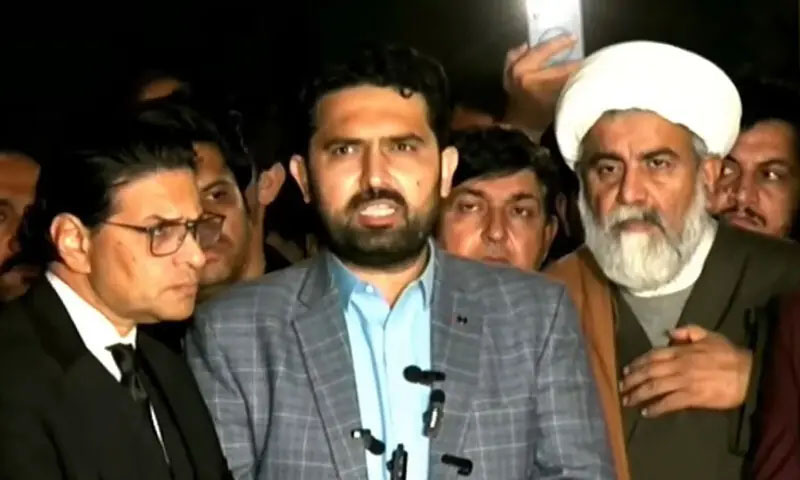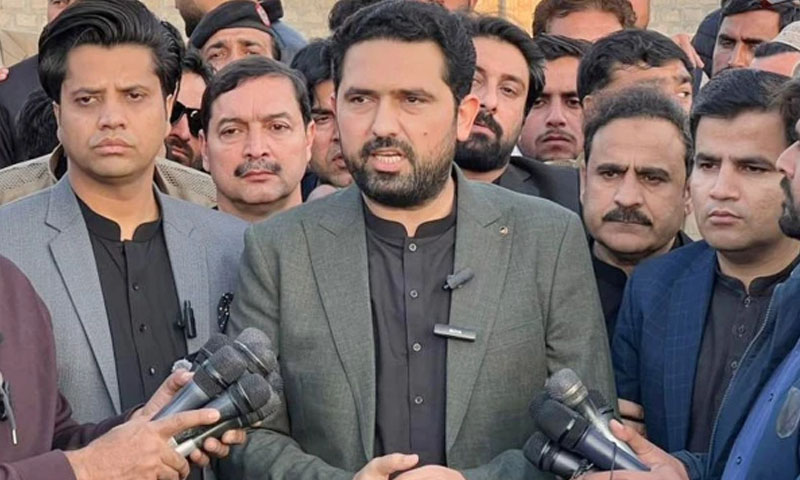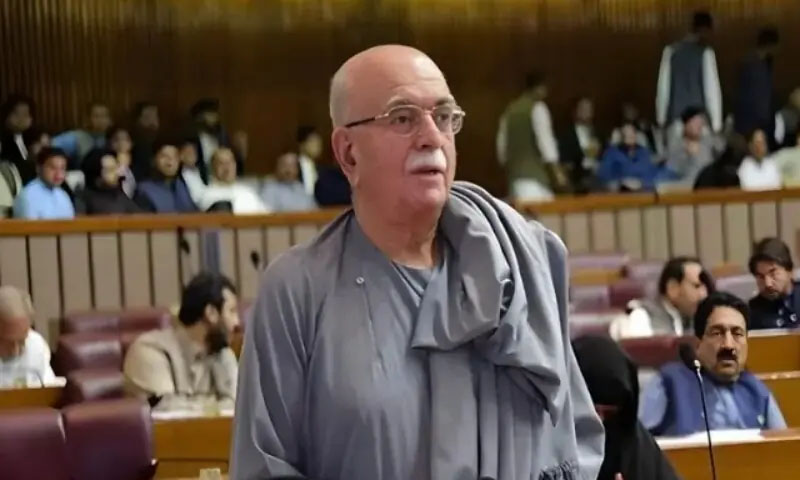- Web Desk
- Jan 31, 2026
Death anniversary: remembering Sardar Attaullah Mengal
-

- Imtiaz Baloch
- Sep 02, 2023
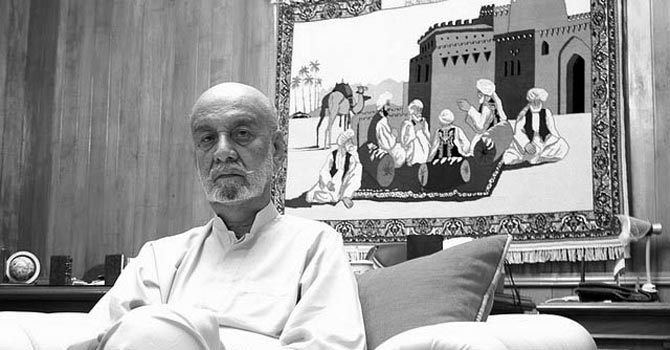
QUETTA: Two years have passed since Balochistan lost a stalwart and leader, Sardar Attaullah Mengal, but his legacy remains as significant as ever.
Today, as his party commemorates the second anniversary of his passing in Quetta, we delve into the life of a leader whose blunt political views about Baloch rights were both admired and contended.
Born in Lasbela in 1929, Mengal belonged to the Shahazi sub-caste of the prominent Mengal tribe. His formative years were spent in Karachi, and his rise to becoming a tribal ‘Sardar’ came at a tender age, following the death of his father, Hazoor Bakash Mengal. Initially, Mengal was not inclined towards politics and kept to being a tribal chieftain. It was Ghous Bakash Beznjo who swayed him to the political landscape.

Muhammad Taqi, writing for The Friday Times, chronicled Mengal’s political journey: “In 1960, as an independent, Sardar Mengal became a member of the National Assembly. His opposition to the Ayub Khan regime led to his arrest for sedition, following which he was deposed as the tribe’s chief. Released and then rearrested for an alleged murder, Mengal spent four tumultuous years in jail during Ayub Khan’s martial law.”
But Ayub Khan’s regime wasn’t the only one that imprisoned him. After Zulfiqar Ali Bhutto’s provincial government dismissal in 1973, Mengal found himself incarcerated for another four years in Hyderabad and Sahiwal Jail for the Hyderabad conspiracy case.
This ordeal ended only when General Zia instated martial law in 1977 and absolved all charges against Baloch Pashtoon nationalists.
Tragedy was no stranger to the Mengal family. Attaullah Mengal’s son, Asadullah Mengal, was one of the first recorded person of the province who went missing.

Following his jail stints, Mengal opted for self-exile in London. Despite the distance, his advocacy for Balochistan never waned. He even created an alliance of Baloch Pashtoon and Sindhi nationalists while in exile.
By 1997, he entrusted the Balochistan National Party’s reins to his son, Sardar Akther Mengal, who subsequently became the Chief Minister of Balochistan in 1998.
Although later in his career Mengal chose to distance himself from mainstream politics, he was far from silent. In a notable 2012 meeting with Nawaz Sharif in Karachi, he turned down an offer to become Pakistan’s president.

Dr. Manzoor Baloch, a university professor in Balochistan and former journalist who had interviewed Mengal, spoke of the misinformation surrounding Mengal’s tenure. “Contrary to claims from influential figures today, Mengal did not seek to repatriate Punjabi teachers and police,” he told HUM News English while underscoring the absence of leaders like him “with unparalleled oratory skills and posits” from the political scene, especially in parliamentary politics.

The revered Baloch leader took his last breath in Wadh on September 2, 2021, at the age of 92 with people from all spheres expressing their grief and assert their commitment to Mengal’s vision.
The Balochistan National Party (BNP) honoured him with a public gathering on his Barsi in Quetta’s hockey stadium today with the numbers reflecting his enduring influence.
Today, as Balochistan and indeed all of Pakistan reflects on Mengal’s indelible mark, one thing is clear – his legacy is one of unyielding commitment to the rights and priciples.

